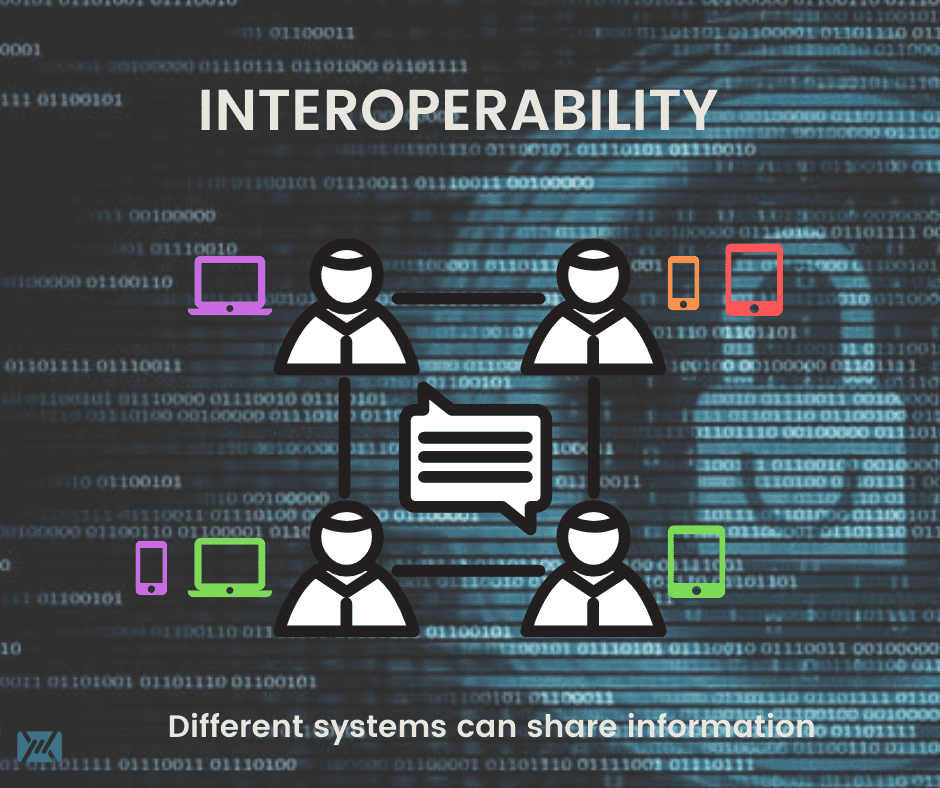What Are Interoperability Protocols And Why Are They Important
In today’s interconnected world, technology plays a vital role in shaping the way we live, work, and interact with one another. However, with the rapid pace of innovation, different systems, networks, and devices often struggle to communicate effectively, leading to a multitude of challenges. This is where interoperability protocols come into play – the unsung heroes of the digital age.

- The Evolution Of Trading: How Decentralized Exchanges Are Redefining The Future
- Unlocking The Future Of Property Ownership
- Navigating The World Of Cryptocurrencies: Understanding Stablecoins And Value Stability
- The Role Of Blockchain In Fighting Climate Change
- Navigating The High-Risk, High-Reward World Of Crypto Margin Trading: A Beginner’s Guide
Imagine being in a foreign country, trying to communicate with locals who speak a different language. You’d need a translator or interpreter to bridge the gap, right? Similarly, in the world of technology, interoperability protocols serve as translators, enabling different systems, networks, and devices to communicate seamlessly, exchange data, and work together in harmony.
So, what exactly are interoperability protocols? In simple terms, they are a set of rules, standards, or guidelines that define how different systems can exchange information, coordinate actions, and operate together. These protocols enable a device or system to understand and respond to requests from another device or system, even if they are from different manufacturers or use different technologies.
Interoperability protocols are crucial in various industries, including:
- Healthcare: Interoperability protocols enable healthcare providers to share medical records, test results, and treatment plans, ensuring that patients receive consistent, high-quality care.
- Finance: In the financial sector, interoperability protocols facilitate secure and efficient transactions between banks, credit card companies, and online payment systems.
- Transportation: Interoperability protocols are used in intelligent transportation systems (ITS) to integrate data from traffic cameras, sensors, and other sources, optimizing traffic flow and reducing congestion.
The benefits of interoperability protocols are numerous:
- Improved collaboration: Interoperability protocols facilitate collaboration among different organizations, industries, or even countries, promoting innovation and progress.
- Enhanced efficiency: By enabling systems to communicate seamlessly, interoperability protocols streamline processes, reduce errors, and increase productivity.
- Better decision-making: With access to shared data and insights, organizations can make more informed decisions, driving business growth and competitiveness.
- Increased security: Interoperability protocols often include robust security features, protecting sensitive information and preventing data breaches.
To illustrate the significance of interoperability protocols, consider the following example: A patient is admitted to a hospital in an emergency situation. The hospital’s system sends a request for the patient’s medical records to their primary care physician’s system. Thanks to interoperability protocols, the two systems can communicate, and the records are transmitted efficiently, ensuring that the patient receives timely and effective treatment.
In conclusion, interoperability protocols are the backbone of our interconnected world. They enable seamless communication between different systems, networks, and devices, driving innovation, improving efficiency, and enhancing decision-making. As technology continues to evolve, the importance of interoperability protocols will only continue to grow, shaping the way we live, work, and interact with one another.
